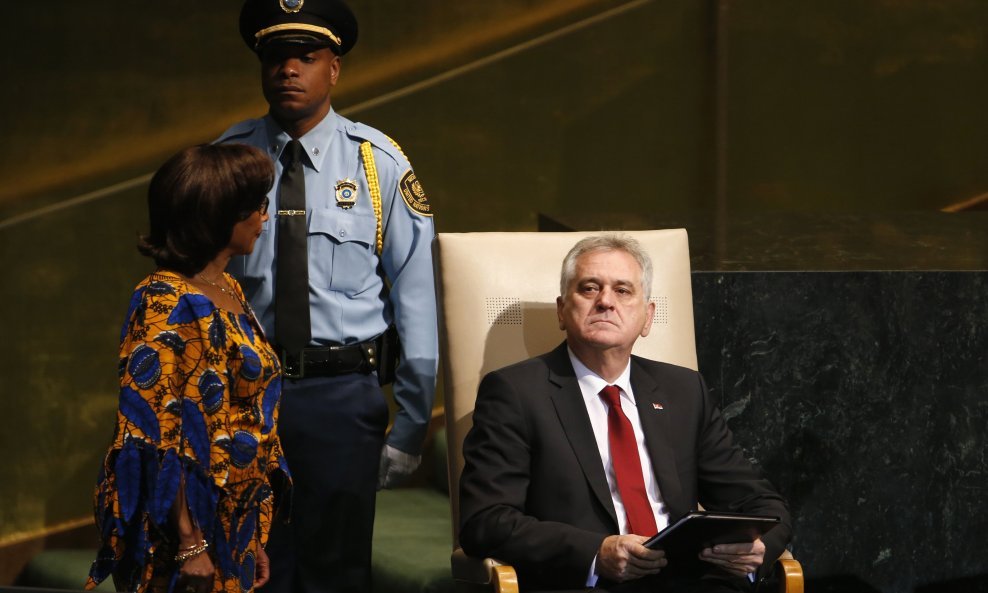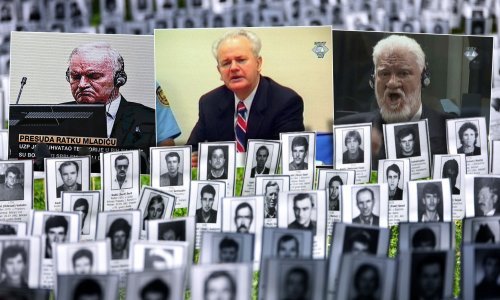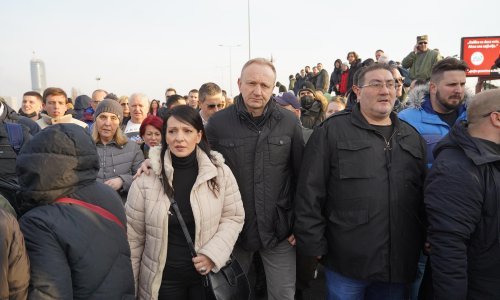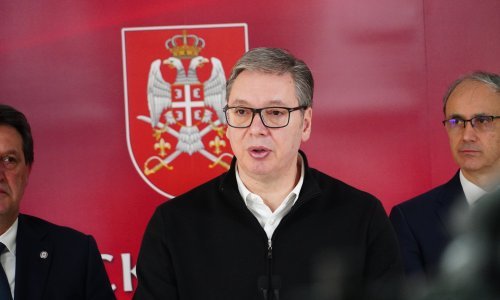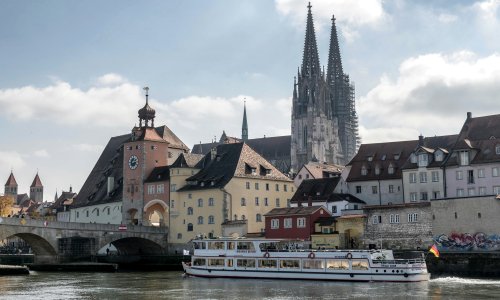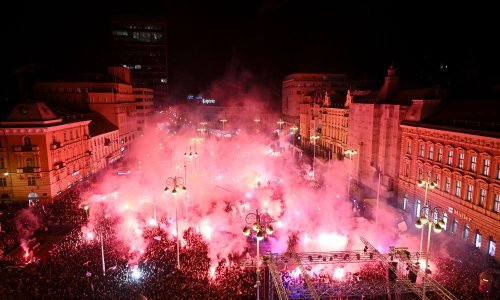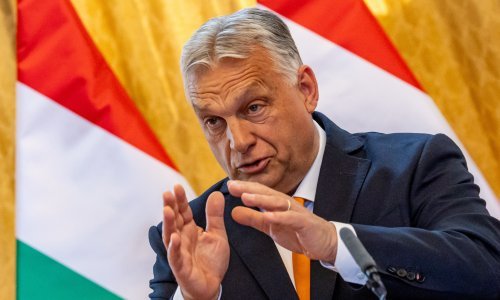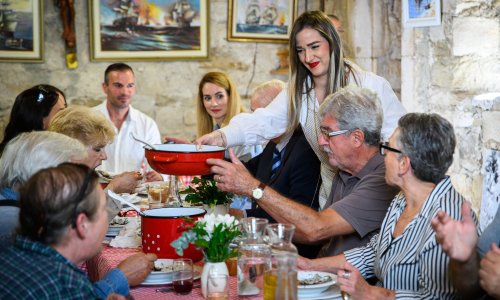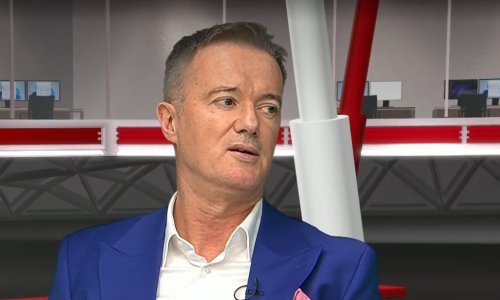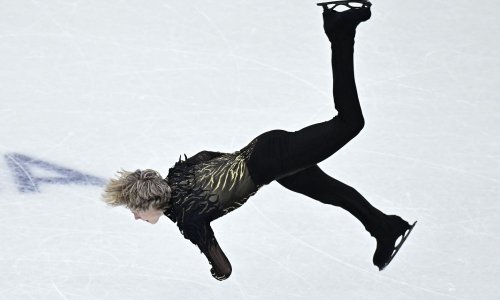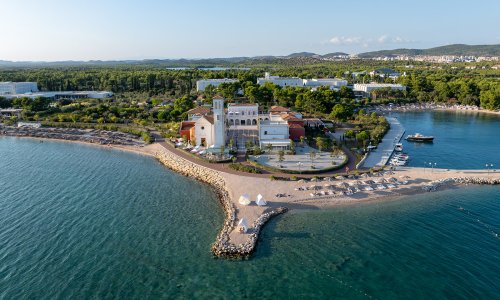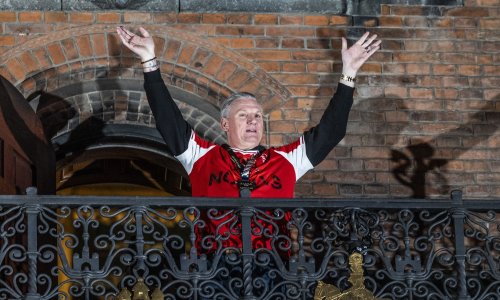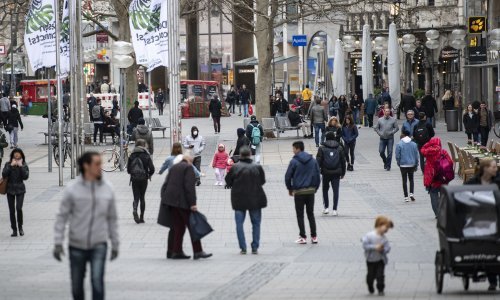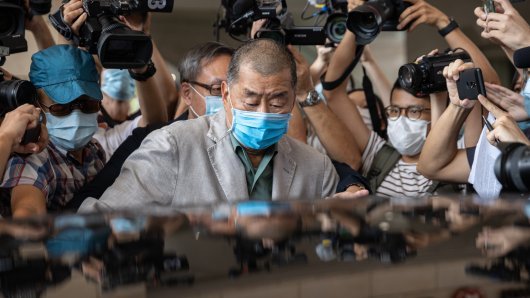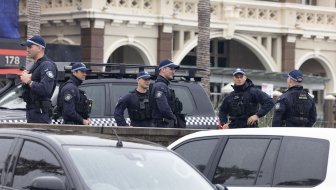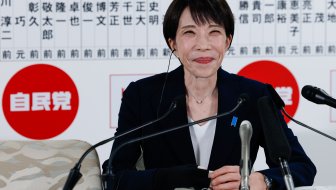A thematic debate on the role of international criminal justice in reconciliation and on the role of courts such as the International Criminal Tribunal for the Former Yugoslavia in the UN General Assembly in New York, which was convened by UNGA president, Serbian diplomat Vuk Jeremic, began on Wednesday with a call by UN Secretary-General Ban Ki-Moon to support the tribunals and with objections by Serbia's officials to the performance of the ICTY.
To support tribunals and courts means to respect and not question their independence, objectivity and integrity. That means to implement their decisions. And that means to protect them from those who wish to undermine them because they have more to do with politics than justice, Ban said opening the debate.
Jeremic said that "reconciliation will come about when all the parties to a conflict are ready to speak the truth to each other". "Honoring all the victims is at the heart of this endeavor. That is why it is so critically important to ensure atrocities are neither denied, nor bizarrely celebrated as national triumphs" said Jeremic who used his right to convene the debate as he was not pleased with the acquittal of Croatian generals Ante Gotovina and Mladen Markac by the ICTY in 2012.
Serbia's president Tomislav Nikolic as well the current chairman of Bosnia's three-member state presidency, Nebojsa Radmanovic, who sits in the presidency as the Serb representative, expressed their dissatisfaction with the work of the ICTY.
Nikolic accused the Hague-based tribunal of being biased against the Serbs, Serbia and Serb indictees claiming that an "atmosphere of a lynch existed toward anything Serbian", and that this could not lead to reconciliation and that selective justice cannot contribute to peace and stability.
He noted three examples of acquittals: Croatian generals Gotovina and Markac, Kosovo Albanian Ramush Haradinaj and Bosniak Naser Oris as typical examples of the triumphalism that could happen in the future again and that this paved the way for crimes to go unpunished. Nikolic used the opportunity to recall that on this day the 1941-1945 Independent State of Croatia was founded.
In one way Bosnia could be unsatisfied with the work of the tribunal and considers that the victims are being treated unjustly and that only members of his people were being punished, Bosnia's Serb official Radmanovic said, adding that the general opinion was that the tribunal was discriminatory against the Serb people.
Croatian Ambassador to the UN Ranko Vilovic reflected on the previous speakers from regions of the former Yugoslavia and said that it seemed that the truth and justice were not the reason why the debate was organised and that President Nikolic had made claims that did not correspond to the facts.
The debate is scheduled to continue on Thursday with over 50 speakers registered.
Earlier the USA, Canada, Jordan, representatives of the International Criminal Tribunal for the Former Yugoslavia (ICTY), some UN officials and international nongovernmental organisations such as the Human Rights Watch (HRW) said they would boycott the debate because they believe that the current UN General Assembly chairman would exploit this opportunity to slam the ICTY.
All three international criminal tribunals have refused to take part in the debate.



